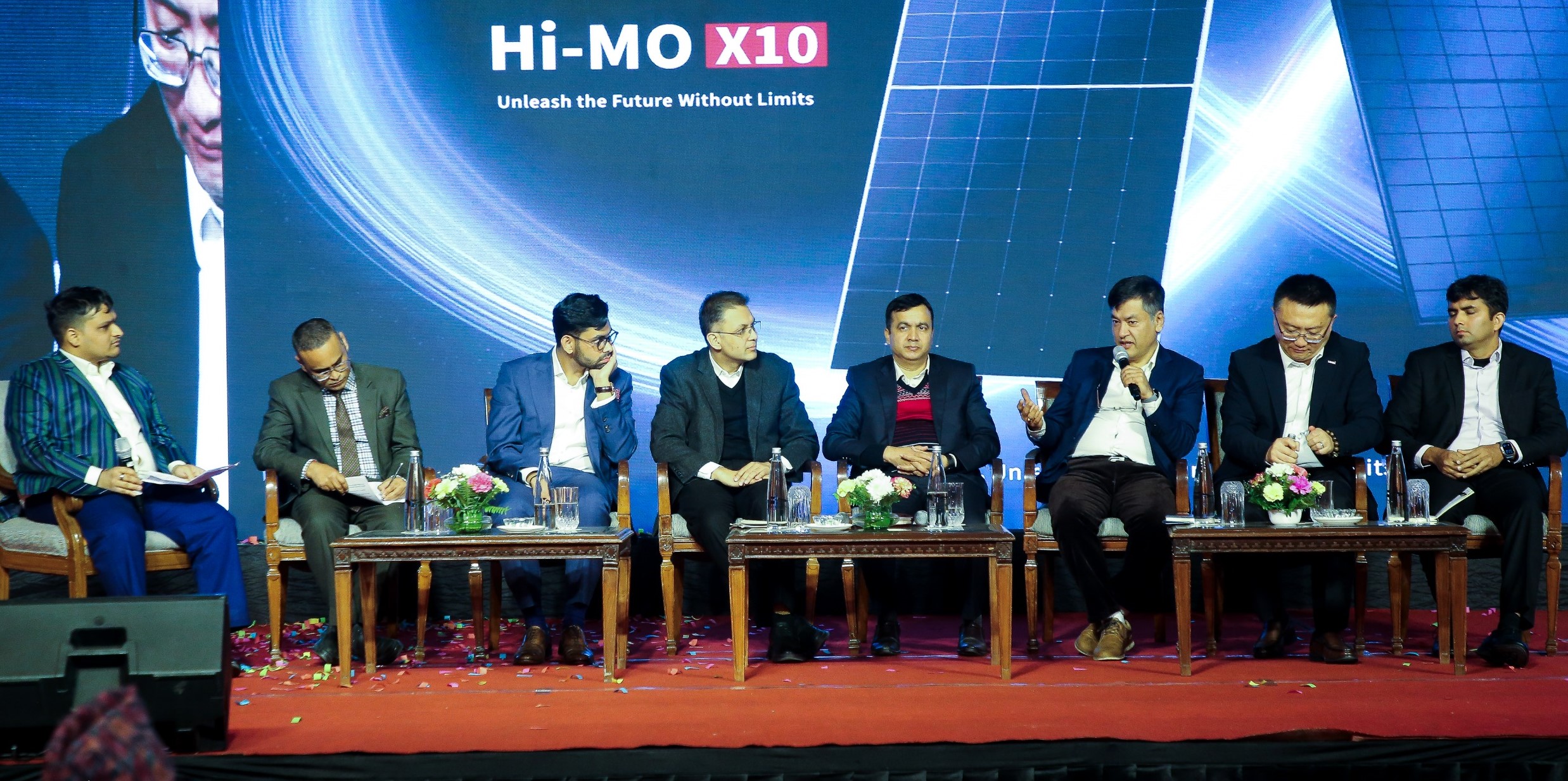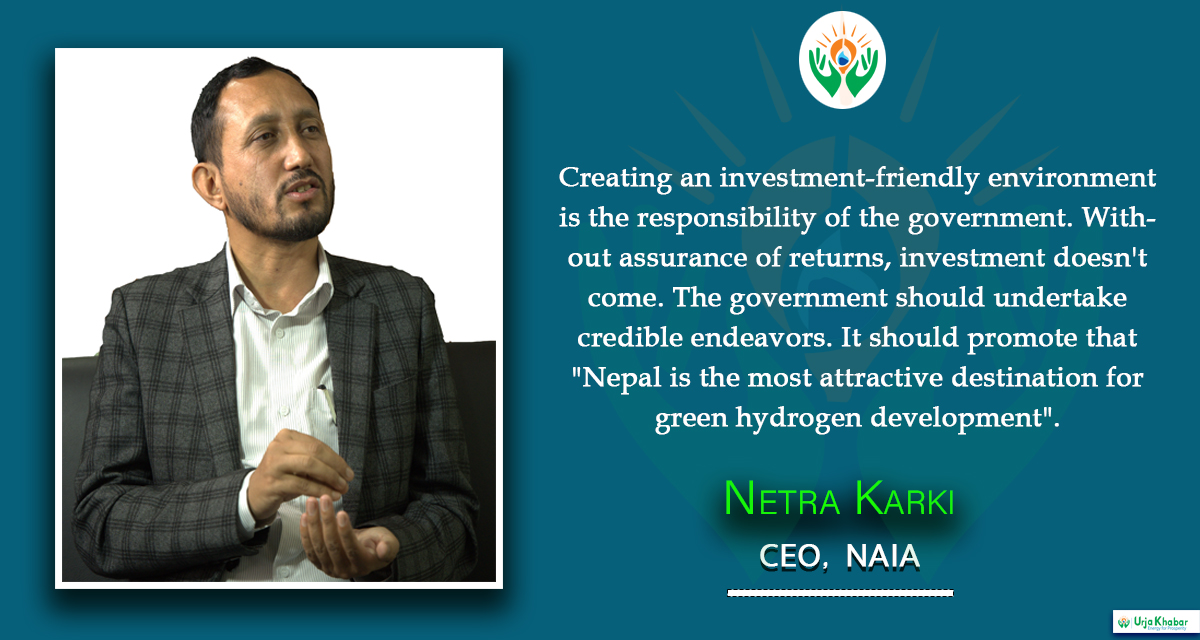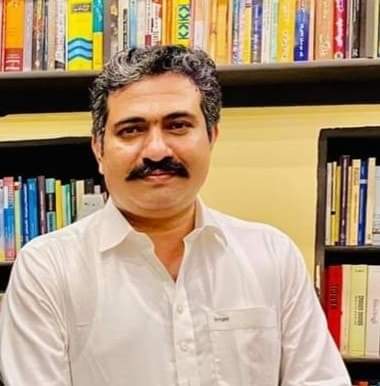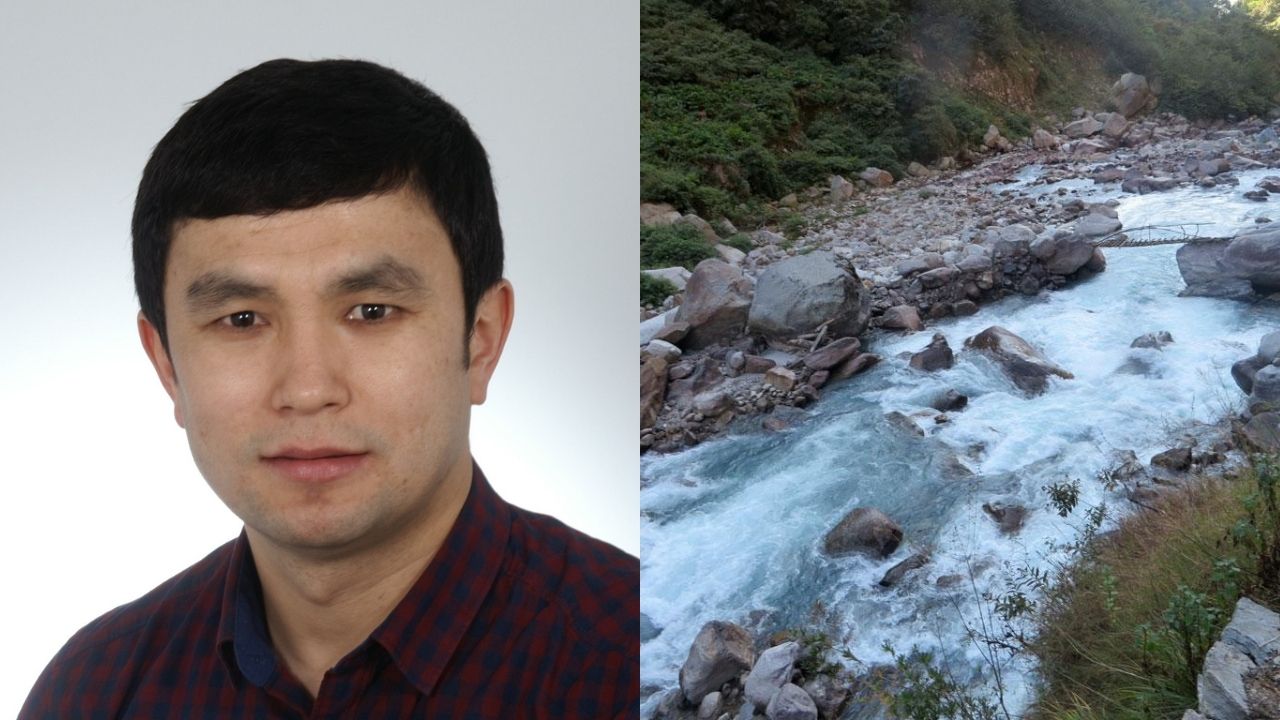Energy Update
International Hydropower Conference is expected to be a milestone for the region: Rajauria
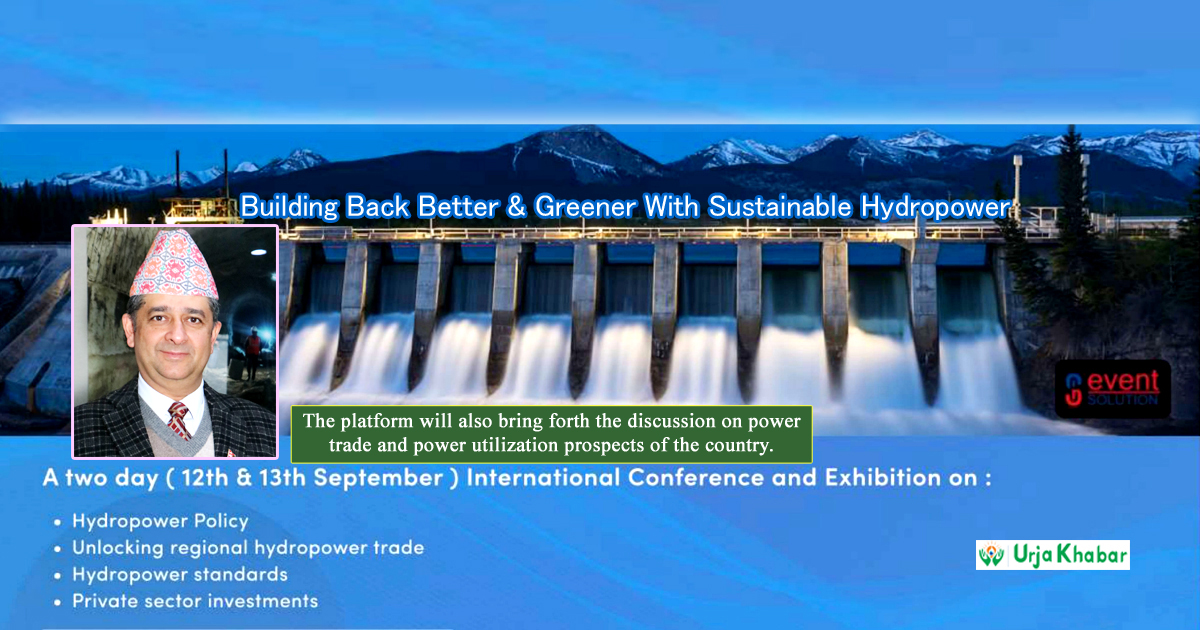
The Nepal Hydropower Association (NHA), in collaboration with the International Hydropower Association (IHA), is organizing International Hydropower Conference on September 12. Through the two-day meet, the NHA aims to promote consumption of hydropower and green energy to replace the use of fossil fuels. Urja Khabar talked to Arun Rajauria, general secretary of the NHA, about the preparation and rationale of the conference. Excerpts:
How is your preparation going?

Nearly all of the preparations for the programs are completed at this point. We have communicated to all of the foreign and domestic dignitaries to attend the conference and they have pledged to show up at the event. The program will be inaugurated by the Hon. Minister of Energy, Water Resources and Energy Pampha Bhusal. We expect the event to be a grand success as other national and international high level delegates have also confirmed their presence. The necessary logistic management and financial arrangements for the program have also been completed.
What is the rationale of the upcoming conference and how could it be helpful for the development of the power sector of the country?

The main purpose of the program is to create a forum for exchange of experiences of various actors of hydropower sectors regarding policies, regulations, technological advancements, and the best practices from around the globe. In addition, it will also highlight the scope of hydropower development as a clean, green, and sustainable source of development in Nepal. The platform will also bring forth the discussion on power trade and power utilization prospects of the country.
In collaboration with key actors of the hydro and renewable energy sector such as the Government of Nepal, Multilateral Development Banks (MDBs), donor organizations, NGOs, consulting firms, contractors, and manufacturers, the conference will concentrate on policy, power trade, private sector and sustainability standards, advanced technology and innovation as well as the future of hydropower.
How is your conference different from the similar infrastructure/energy meet conducted in the past?
This is the first international conference of its type being held in Nepal, and it also marks the first significant gathering of different national and international actors in the clean energy industry after the impact of Covid-19 pandemic.
How does the promotion of green energy benefit Nepal to achieve its target of economic development?
The right steps must be taken in order to achieve the desired transition, which will enable Nepal to recover economically, while giving priority to green initiatives that will increase employment opportunities. Speaking technically, Nepal is capable of producing 42,000 MW of electricity from hydropower, 2,100 MW from solar power, and 3,000 MW from wind power. Nepal will be able to become self-sufficient in electricity and open up the possibility of exports if we utilize all our capacity to achieve a balance between hydropower, solar power and wind power in our electrical infrastructure. Utilizing just 20 percent of the nation's economically feasible hydropower potential is expected to boost real Gross Domestic Product (GDP) by 87 percent by 2030, which helps lessen the economy's vulnerability to volatile oil prices.
To meet the nation's demand for all types of energy, to replace imported energy, and to optimize national economic contribution through export of locally produced energy, all of the country's potential energy resources must be discovered, explored, developed, and managed sustainably. The event will serve as a crucial forum for discussing the main threats to Nepal's economy, which could provide a guideline to take necessary steps for the sustainable growth of green energy, particularly hydropower and renewable accessibility in the nation.
In what way do you expect that the conference could lead to a paradigm shift in the country's power generation and utilization segment?
As mentioned earlier, the conference will focus on various aspects like policy, power trade, private sector and sustainability standards, advanced technology and innovation as well as future of hydropower in partnership with major stakeholders including the Government of Nepal, MDBs, donor organizations, NGOs, consulting firms, contractors and manufacturers. The gaps identified in the various presentations and discussions during the conference will be forwarded to all the stakeholders and other key players. The outcomes in the form of conclusions and recommendations could be used for the betterment in terms of both the short term and the long term perspectives.
Conversation
- Info. Dept. Reg. No. : 254/073/74
- Telephone : +977-1-5321303
- Email : [email protected]










